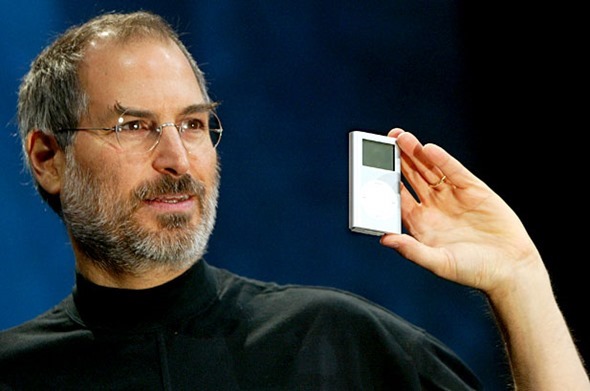It’s been a long and fruitful ride, but the much loved and iconic MP3 format has officially been discontinued. After being around and in heavy use for the last twenty-five years, The Fraunhofer Institute has finally announced that the once globally accepted format for digital music is no more.
It seems staggering to accept that the MP3 format has been in existence for more than 25 years. The format was in no way owned by Apple Inc., but many credit the Cupertino-based company’s wonderful iPod hardware as being one of the biggest catalysts in catapulting the digital music industry to where it is today. And, of course, the existence of the iPod relied heavily on the MP3 format in those initial early years before transitioning to the AAC format in 2003.

Fraunhofer IIS – the main organization currently responsible for licensing the technologies used for the MP3 format – has not only put the MP3 format to bed due to the last of the patents expiring, but has also placed the AAC format up on a pedestal as the new champion of the digital music era:
Although there are more efficient audio codecs with advanced features available today, mp3 is still very popular amongst consumers. However, most state-of-the-art media services such as streaming or TV and radio broadcasting use modern ISO-MPEG codecs such as the AAC family or in the future MPEG-H. Those can deliver more features and a higher audio quality at much lower bitrates compared to mp3.
The AAC format may be the ultimate champion in this announcement, but it hasn’t been without its controversies over the years in spite of its superior quality over MP3. Apple’s adoption and manipulation of the AAC format, which included rolling its own version with integrated DRM, resulted in multiple lawsuits being filed against the company on the belief that the existence of digital rights management restrictions instantly prevented consumers from switching from iTunes to any competing platform or service. Apple ultimately prevailed in that case.

We have become used to seeing new technology replace old, only for the old to make a resurgence down the line and come back to prominence. Where the MP3 format is concerned it’s highly likely that some manufacturers will continue to support it for a whole, but ultimately AAC will rise.
(Source: Fraunhofer IIS)
You may also like to check out:
- Pokemon Go 1.33.1 And 0.63.1 Hack Available To Download Now
- The Best Kodi Addons For 17 / 17.1 Krypton 2017 Video Streaming
- Download Pandora++ IPA On iOS 10 [No Jailbreak Required]
- How To Sideload / Install Kodi On Apple TV 4
You can follow us on Twitter, add us to your circle on Google+ or like our Facebook page to keep yourself updated on all the latest from Microsoft, Google, Apple and the Web.

